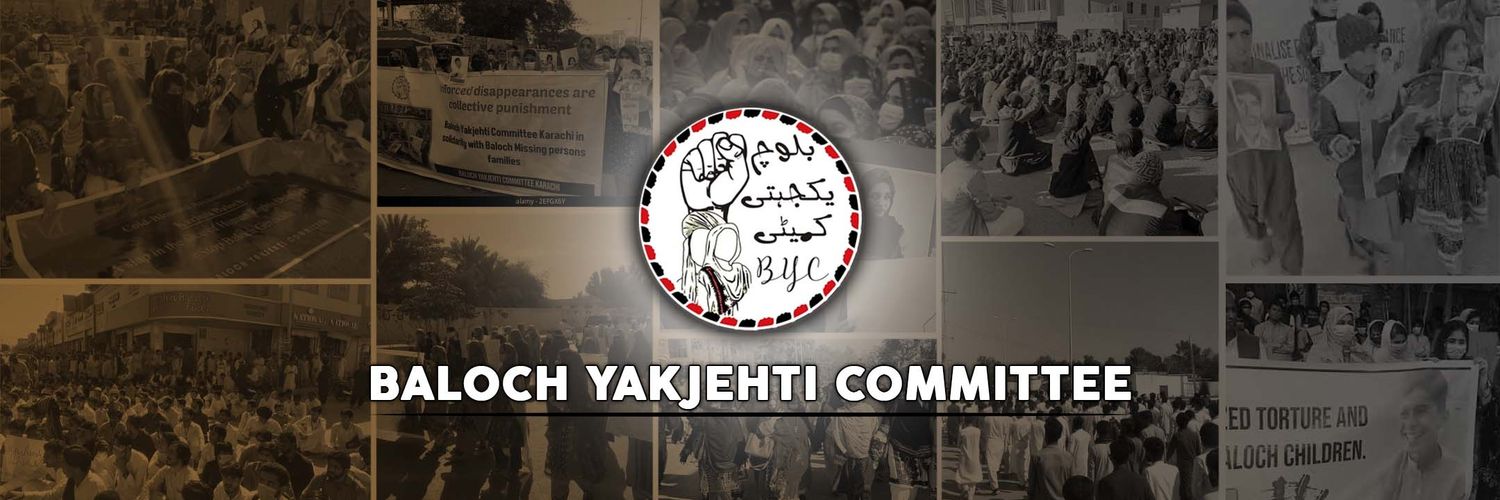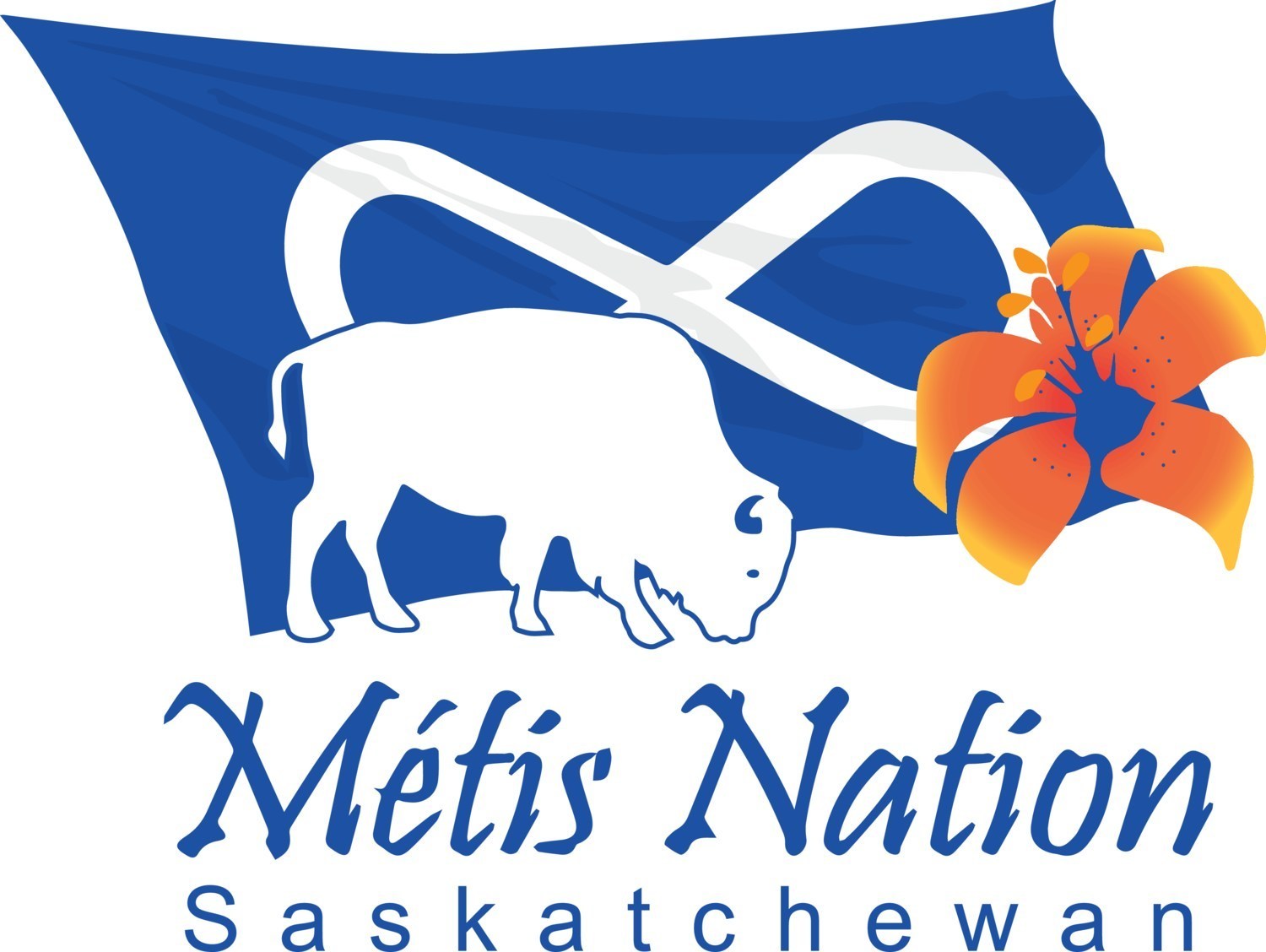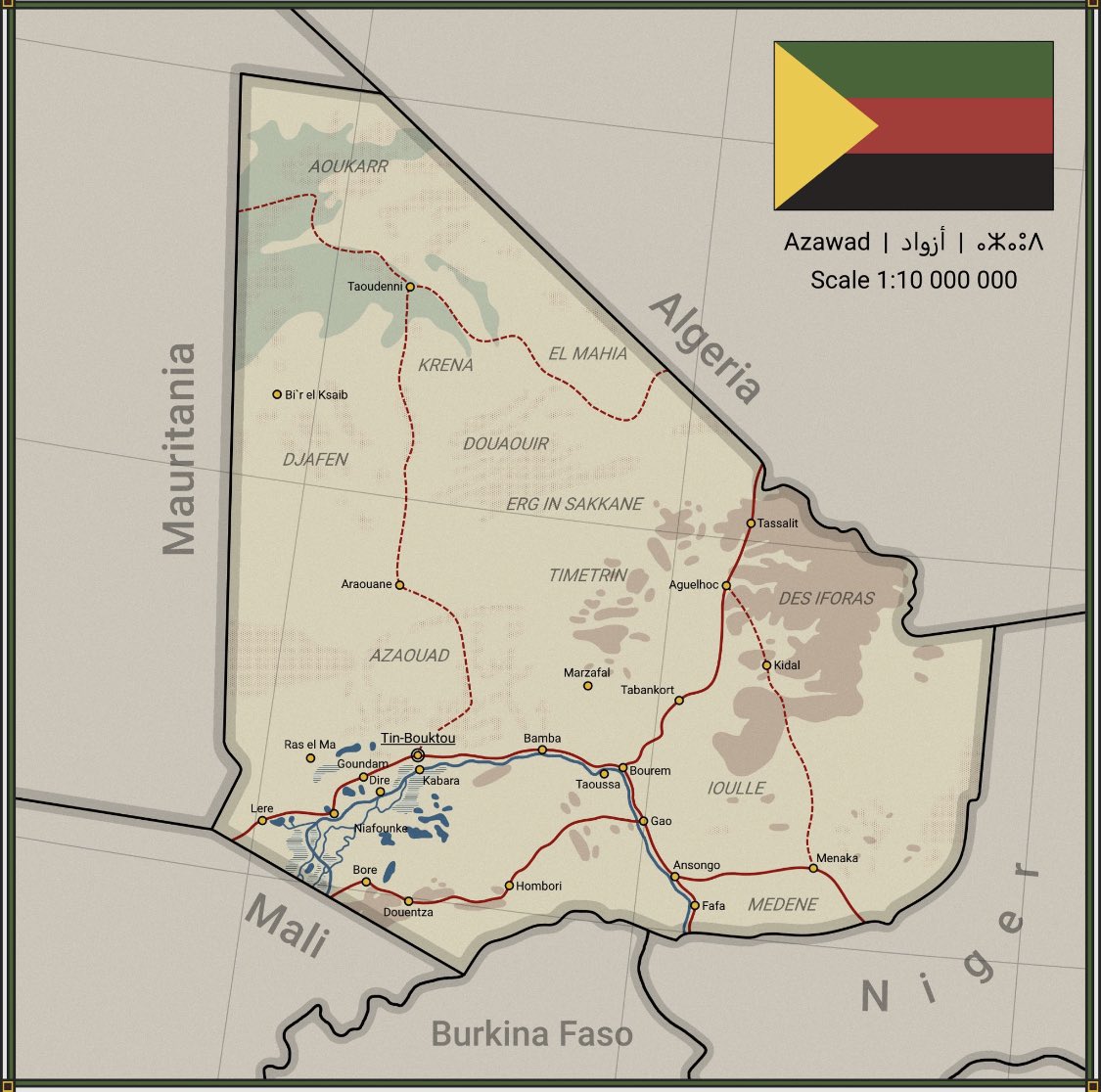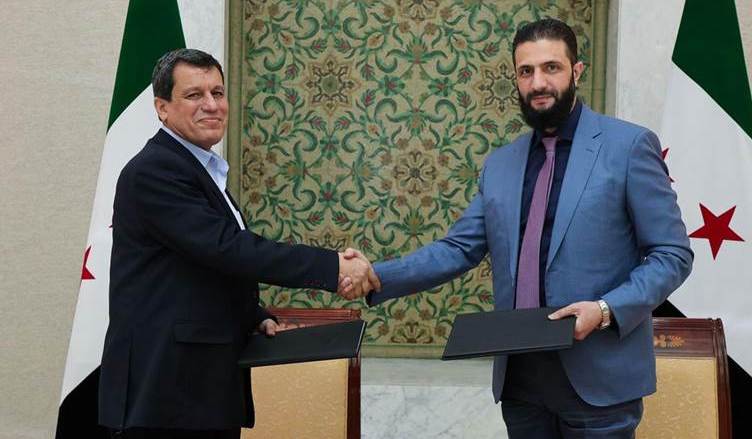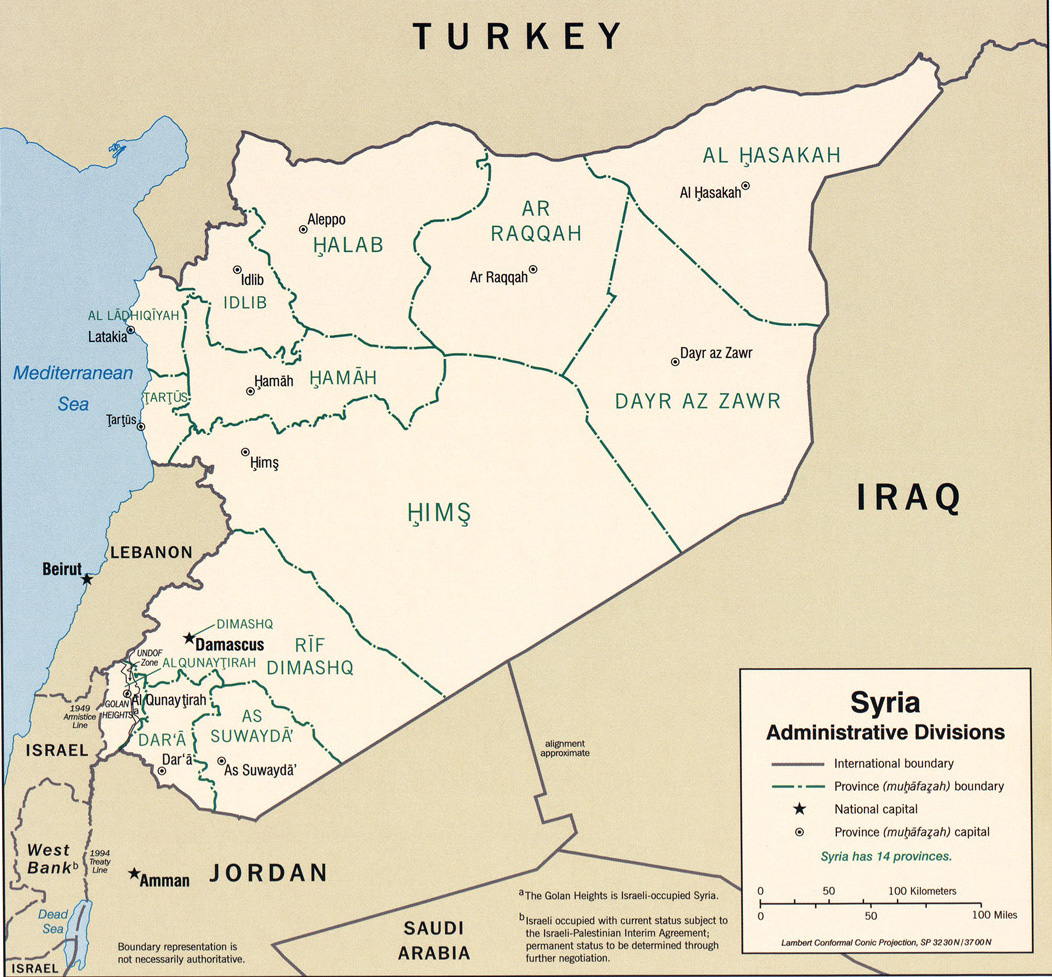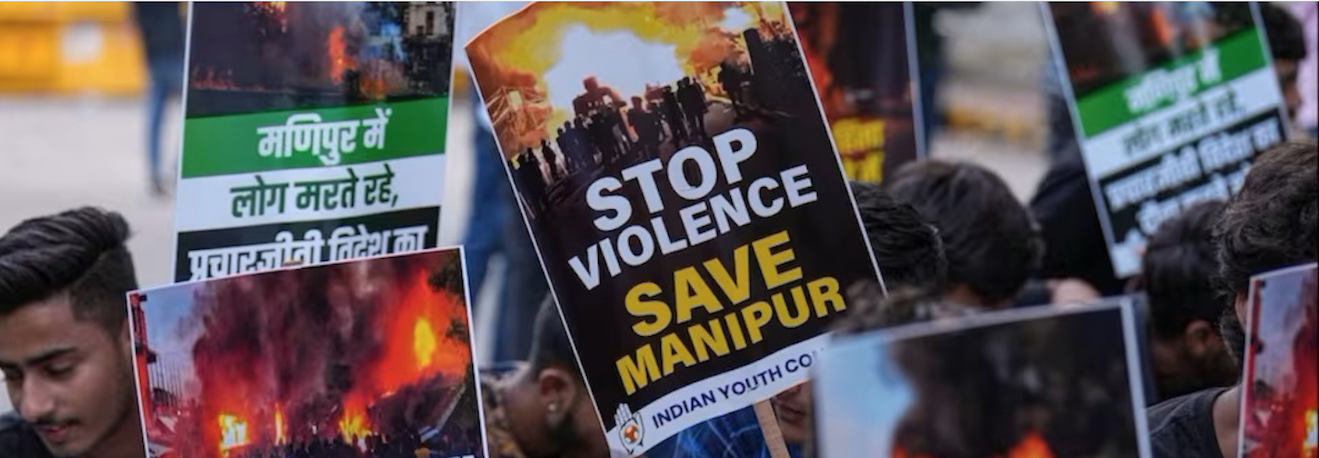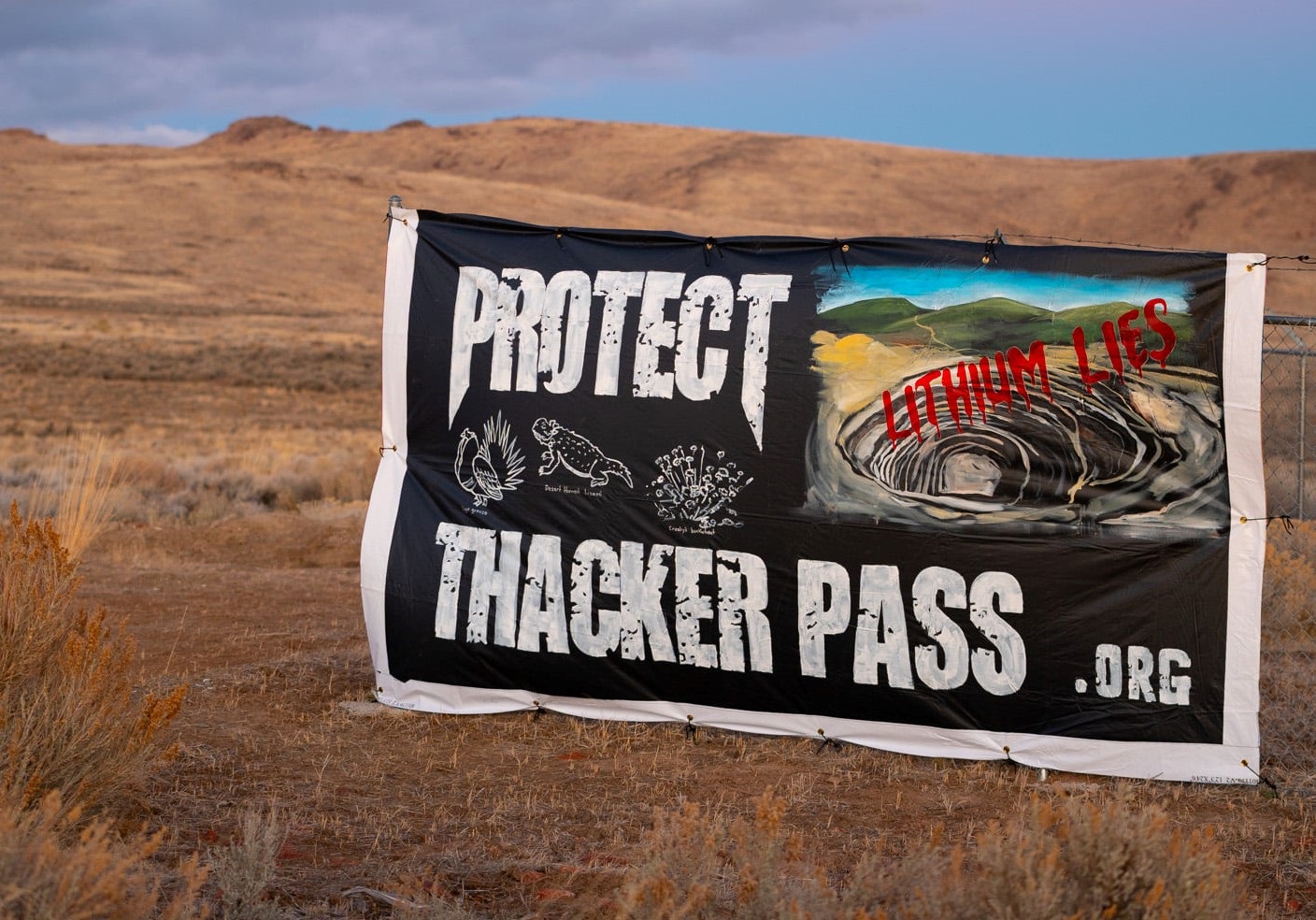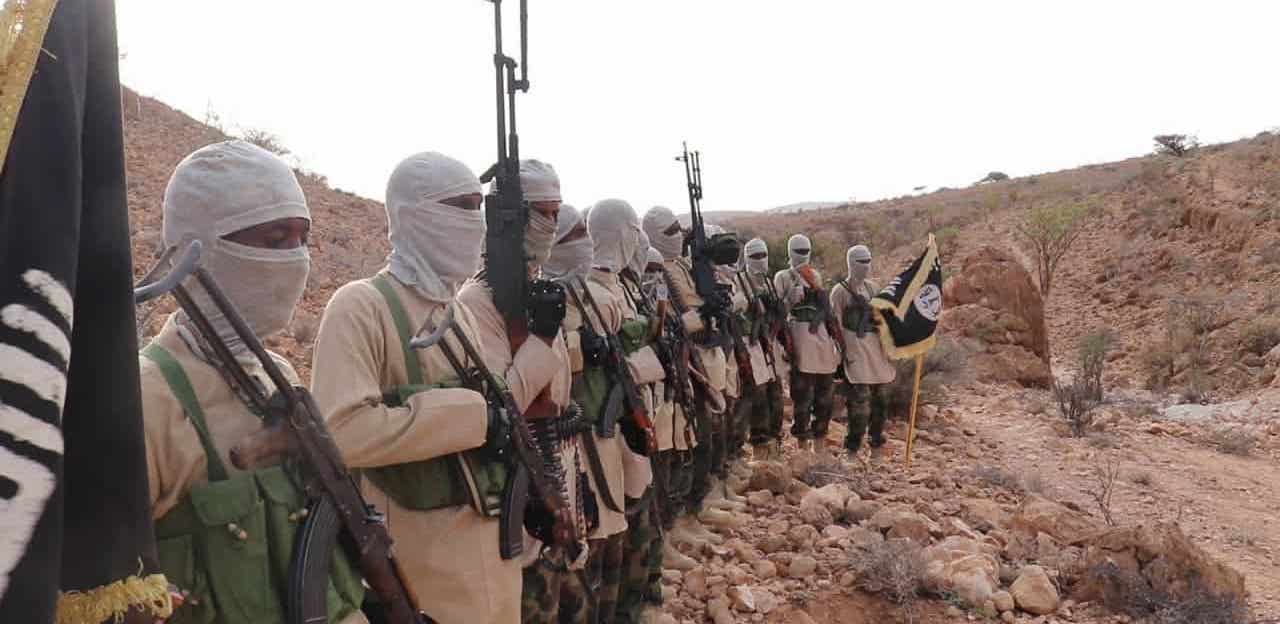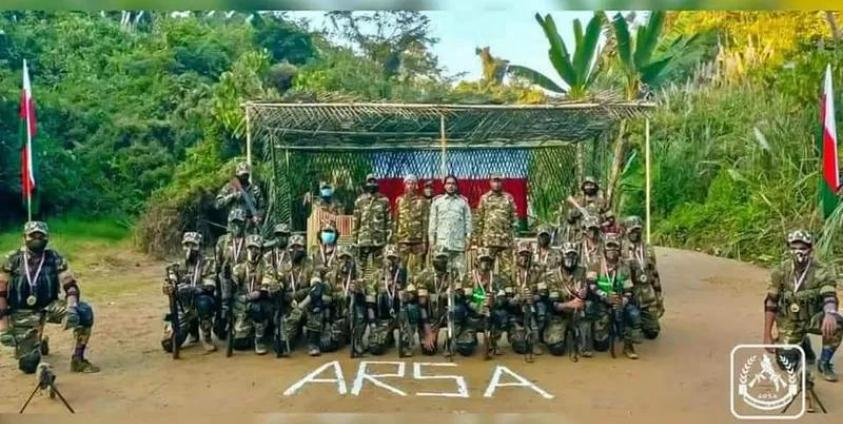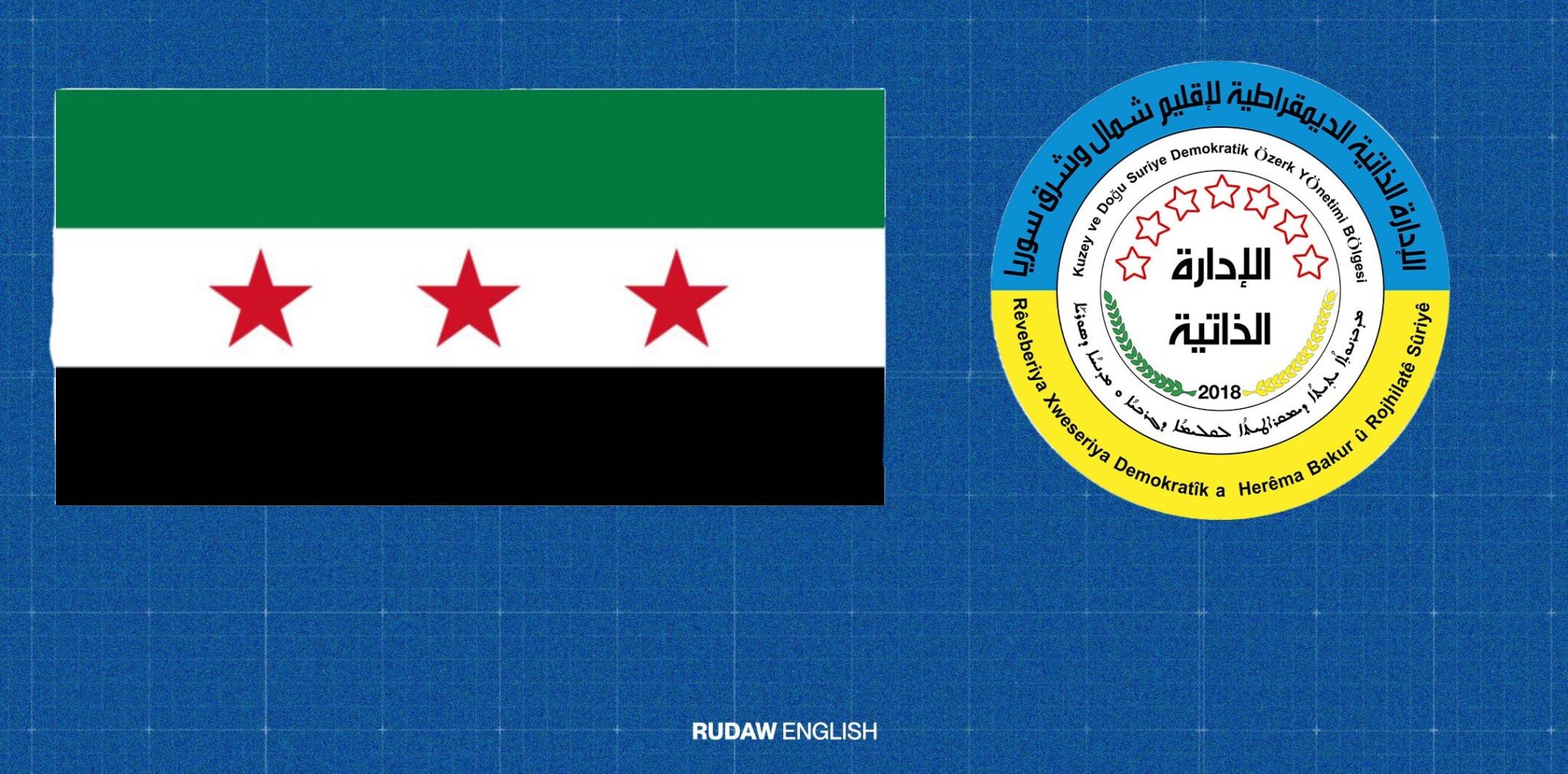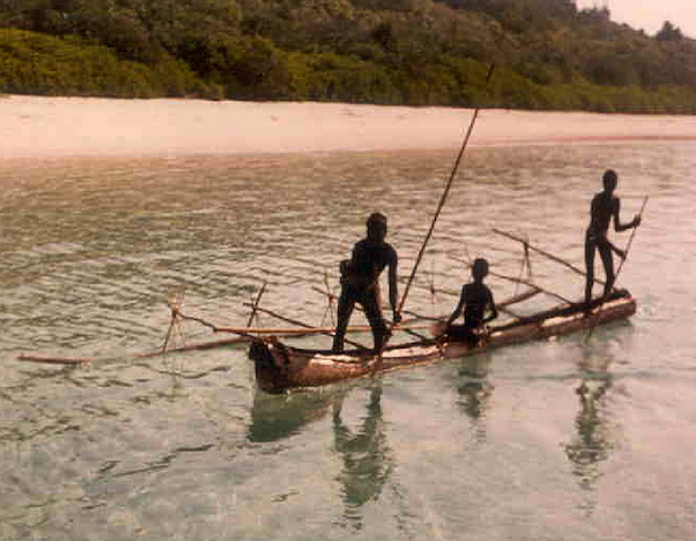
Isolated people under threat in Andaman Islands
A US national was arrested on North Sentinel Island, in India’s remote Andaman & Nicobar archipelago, for illegally seeking to make contact with the isolated Sentinelese people, an officially designated “particularly vulnerable tribal group” (PVTG). London-based Survival International expressed relief at the arrest, but called the news deeply disturbing, saying the adventurer’s actions “put the lives of the entire Sentinelese tribe at risk,” due to their lack of immunity to common outside diseases. Within days of the arrest, a journalist with local news channel Republic Andaman was found dead—apparently targeted for his reportage on illegal logging and mining in the archipelago. And far greater threats loom; Survival warns that isolated peoples could be wiped out if New Delhi goes ahead with its plan to transform Great Nicobar Island into the “Hong Kong of India,” with massive new port facilities and rapid urbanization. (Photo: Survival International)



